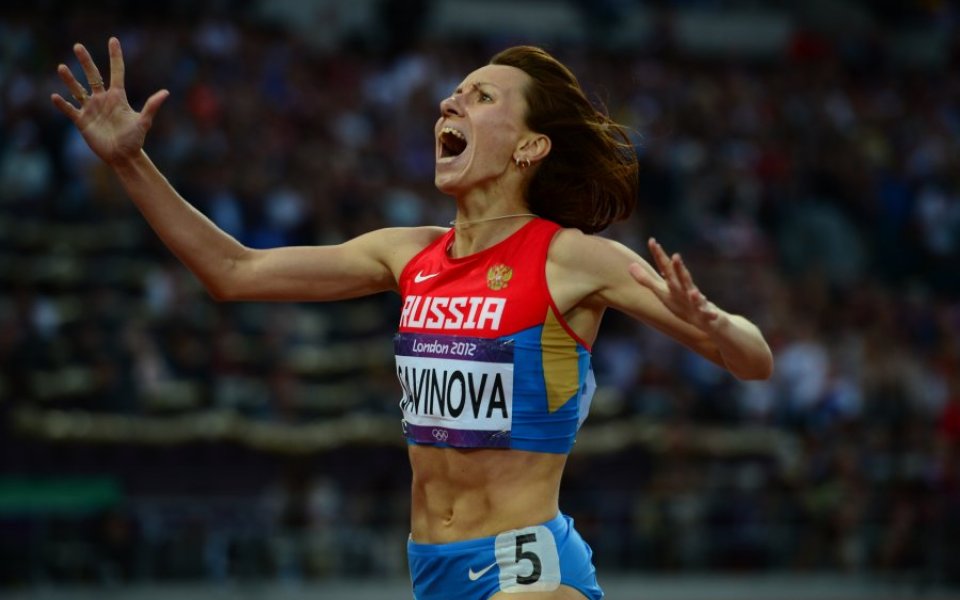Doping claims leave Russia facing exile, as Wada report finds state-supported culture of cheating that “sabotaged” London Olympics

Athletics chief Lord Coe has given Russia until the end of the week to respond to accusations by the World Anti-Doping Agency of systemic misuse of drugs, extortion and corruption – or face a ban.
A report released yesterday by Wada’s independent commission called for Russia’s athletes to be suspended from all competition, potentially including the 2016 Olympics in Rio de Janeiro, after finding evidence of state-supported doping.
The commission said that five athletes and five coaches should be given lifetime bans, including Olympic champion Mariya Savinova-Farnosova, and that London 2012 was “sabotaged” by inaction against athletes with suspicious doping profiles.
It also advised Wada to withdraw their accreditation of Russia’s drug-testing laboratory in Moscow after the report found that 1,417 samples had been deliberately destroyed by officials, and said bribes were paid to cover up positive tests.
“I’ve asked the council to convene on Friday, which we will, to review their response and then look at the next steps,” said IAAF president Coe. “This is a matter for my council. Sanctions could follow. It is possible we could end up with a suspension on Friday.”
The commission’s chairman and former head of Wada Dick Pound suggested the interference of the Russian state with the Moscow laboratory operation was a relic of Cold War attitudes towards drugs in sport.
He also said Russia’s sports minister Vitaly Mutko, a Fifa executive committee member and head of the organising committee for the 2018 football World Cup, was likely to be implicated in the widespread corruption.
“It was impossible for him not to be aware of it. And if he’s aware of it, he’s complicit in it,” said Pound, who warned that the report’s findings were “the tip of the iceberg”.
Mutko retorted by slamming the report, saying Russia was being persecuted, and threatening to cut government funding for anti-doping work.
“Whatever we do, everything is bad,” he said. “If we have to close this whole system, we would be happy to close it. We will only save money.”
International police body Interpol yesterday confirmed that it will co-ordinate a French-led global investigation into doping allegations in athletics.
Of the five middle-distance runners recommended for lifetime bans – Savinova-Farnosova, Ekaterina Poistogova, Anastasiya Bazdyreva, Kristina Ugarova and Tatjana Myazina – two won medals at London 2012.
Savinova-Farnosova and Poistogova won gold and bronze respectively in the 800m, while Pound insisted that a number of Russian athletes suspected of doping could have been prevented from appearing in London had it not been for inept governing bodies.
The Wada report added: “The Olympic Games in London were, in a sense, sabotaged by the admission of athletes who should not have been competing, and could have been prevented from competing, were in not for the inexplicable laissez-faire policy adopted by the IAAF, ARAF [Russian Athletics] and RUSADA [Russian Anti-Doping Agency].”